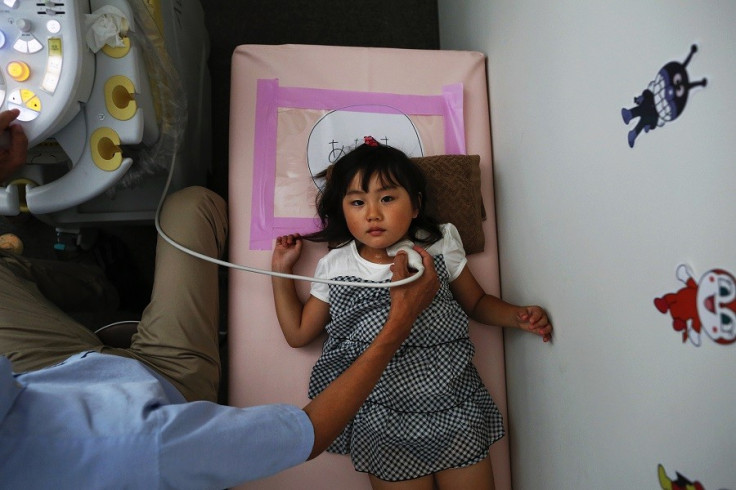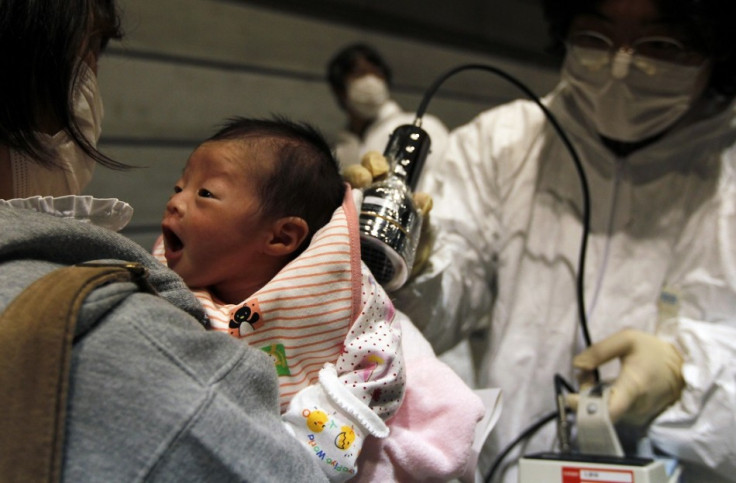Japan: Chernobyl Doctor Akira Sugenoya Offers Fukushima Children His Town

A doctor in Japan who performed surgery on over 100 children after the Chernobyl disaster in 1986 has offered to take in children living in Fukushima to ensure their safety.
Akira Sugenoya, who is now the mayor of Matsumoto, 200 miles from Fukushima, has offered his town to children living at the nuclear site.
He said he would rather the children be safe than potentially at risk of radioactive materials following the 2011 Fukushima Daiichi disaster and subsequent leaks from the nuclear plant.
"If my fears turn out to be unfounded, nothing would be better news. But if they become reality, then there is little time before it's too late," he said.

Children are more at risk of radiation because their bodies are developing. Sugenoya said that in areas of Belarus close to Chernobyl, children are sent away from radiation zones periodically.
From April next year, parents living in Fukushima can send their children to Matsumoto to go to school. The city has offered to pay 1.4m yen (£8,800) per year for a six-bedroom house and caretakers for the children.
Parents are not required to pay tuition but will be asked to pay for expenses, such as food and utilities.
The Fukushima disaster was the largest nuclear disaster since Chernobyl. The health effects for those living in the area are currently unknown, but the World Health Organisation has estimated the risks to be low.

A report found a moderately increased risk of thyroid cancer in girls and a slightly increased risk of other cancers for small children. At present, the government in Japan has confirmed 44 cases of thyroid cancer among 217,000 children in Fukushima state since the disaster.
At Chernobyl, the International Atomic Energy Agency confirmed low dose radiation from Chernobyl caused thyroid cancer.
In 1991, Sugenoya volunteered to work in Belarus after hearing of thousands of cases of thyroid cancer close to the Ukraine power plant. He also set up a donation fund for victims of the disaster and trains doctors from Belarus in Japan.
Matsumoto currently has a declining population meaning it can cope with additional children and schools. Sugenoya's project will be available to children from Fukushima between the ages of seven and 12.
Sugenoya said he wanted to offer concerned parents peace of mind: "Radiation doesn't hurt. It doesn't even itch. A terrible thing has happened, but people don't realise it at all."
© Copyright IBTimes 2025. All rights reserved.






















